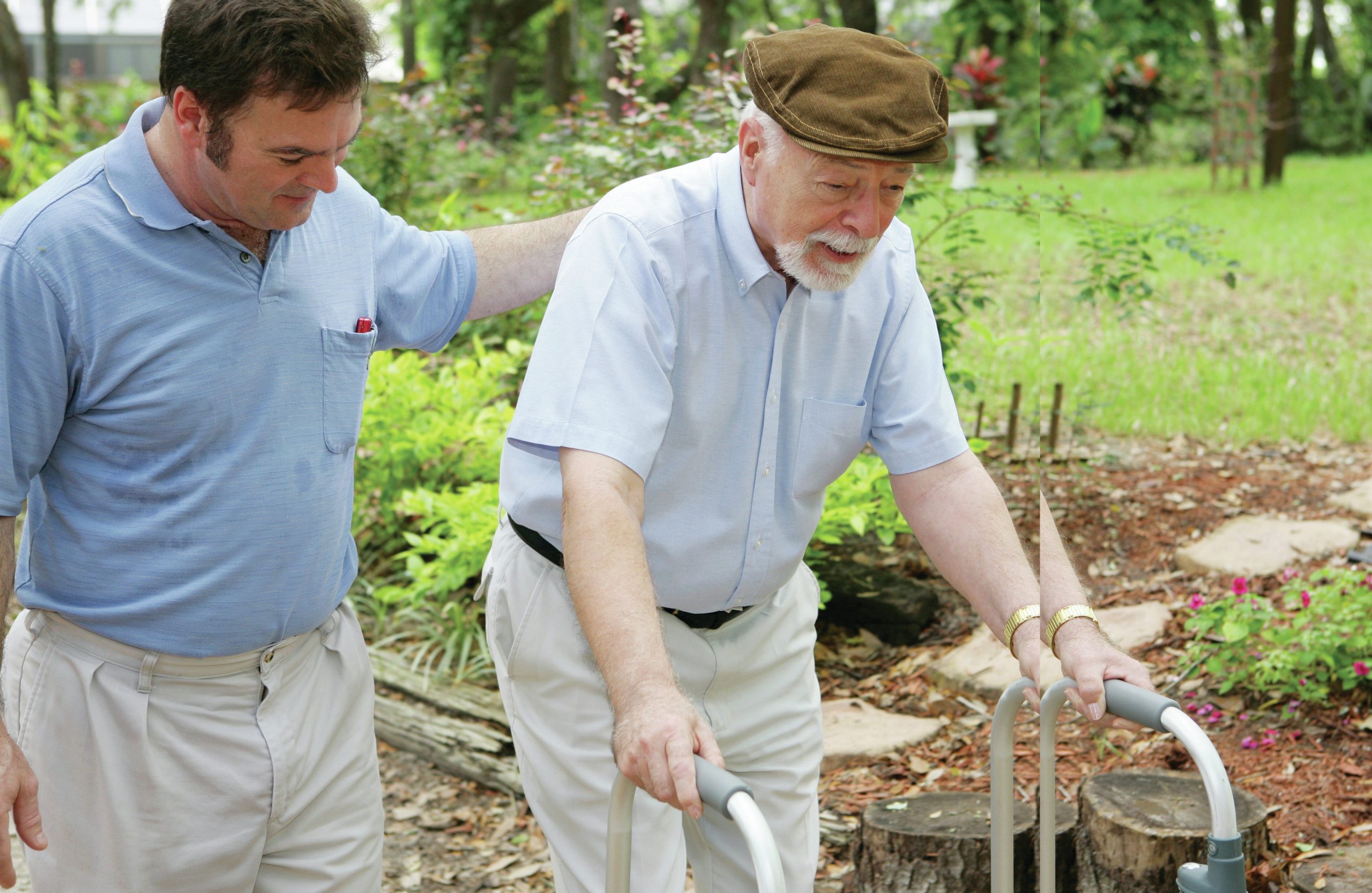
In this article Wesley Key describes the findings of his and other research into the particular problems of social exclusion faced by many older people living in rural areas — agroup relatively neglected in social research. There is a useful list of four forms of social exclusion — note these carefully, as they can be applied to social groups other than that described here. The author shows how personal factors such as failing health and lack of mobility combined with social factors such as the cost of public transport and the closure of local services can combine to have a dramatic and often highly detrimental effect on the lives of older people in rural areas. He also draws attention to the importance of support from family and neighbours. At a time when the number of older people in the population is growing and cuts to public services are increasing, this article draws important attention to some of the causes and effects of social exclusion. It will be of particular use to students of the ‘Health, welfare and poverty’ and ‘Families and households’ options, and also draws attention to some of the consequences of political decisions.
Rural populations are usually older than urban populations, and rural areas of England are experiencing the effects of ageing sooner than other parts of the country. Despite this, older people and rural communities have largely remained on the periphery of the social exclusion policy agenda. Research into older people’s experiences of social exclusion has been similarly limited. Until the analysis of the English Longitudinal Study of Ageing (ELSA), most social exclusion research had focused on the exclusion experienced by people of working age, or by families with children.
Your organisation does not have access to this article.
Sign up today to give your students the edge they need to achieve their best grades with subject expertise
Subscribe




